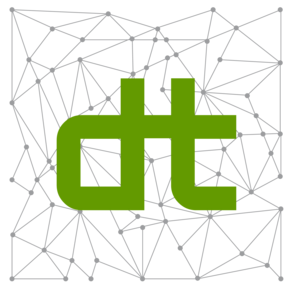Power and Dependence on Digital Labor Platforms
Online freelancing as an alternative form of work, in which self-employed people offer services outside of fixed organizations on digital work platforms, is becoming increasingly important in research and practice.
On these platforms, such as Upwork or Fiverr, with a large number of transactions, many processes are controlled by automated mechanisms such as algorithms. Online freelancers as platform complementors interact with the mechanisms (e.g. algorithms, lock-in, rules) and are exposed to them. They also react to the power and dependency structure, which can have positive or negative effects.
Exemplary questions
- How are power relations structured on digital work platforms?
- How do online freelancers react to platform mechanisms (e.g. algorithms)?
- What workarounds do online freelancers use to deal with dependencies?
The following research methods, for example, can be used for the work:
- Primary data collection (interviews or surveys of freelancers)
- Analysis of secondary data (e.g. digital trace data)
Requirements
This topic is aimed at students of economics or related subjects, such as industrial engineering or applied computer science, who meet the following requirements:
- Interest in current research on digital labor platforms and evaluation systems in digital labor markets
- High degree of independence and personal responsibility
- Experience with scientific research methods and analytical skills
Literatur
- Hurni, T., Huber, T. L., & Dibbern, J. (2022). Power dynamics in software platform ecosystems. Information systems journal, 32(2), 310-343.
- Cutolo, D., & Kenney, M. (2021). Platform-dependent entrepreneurs: Power asymmetries, risks, and strategies in the platform economy. Academy of Management Perspectives, 35(4), 584-605.
- Petriglieri, G., Ashford, S. J., & Wrzesniewski, A. (2019). Agony and Ecstasy in the Gig Economy: Cultivating Holding Environments for Precarious and Personalized Work Identities. Administrative Science Quarterly, 64(1), 124-170. https://doi.org/10.1177/0001839218759646


